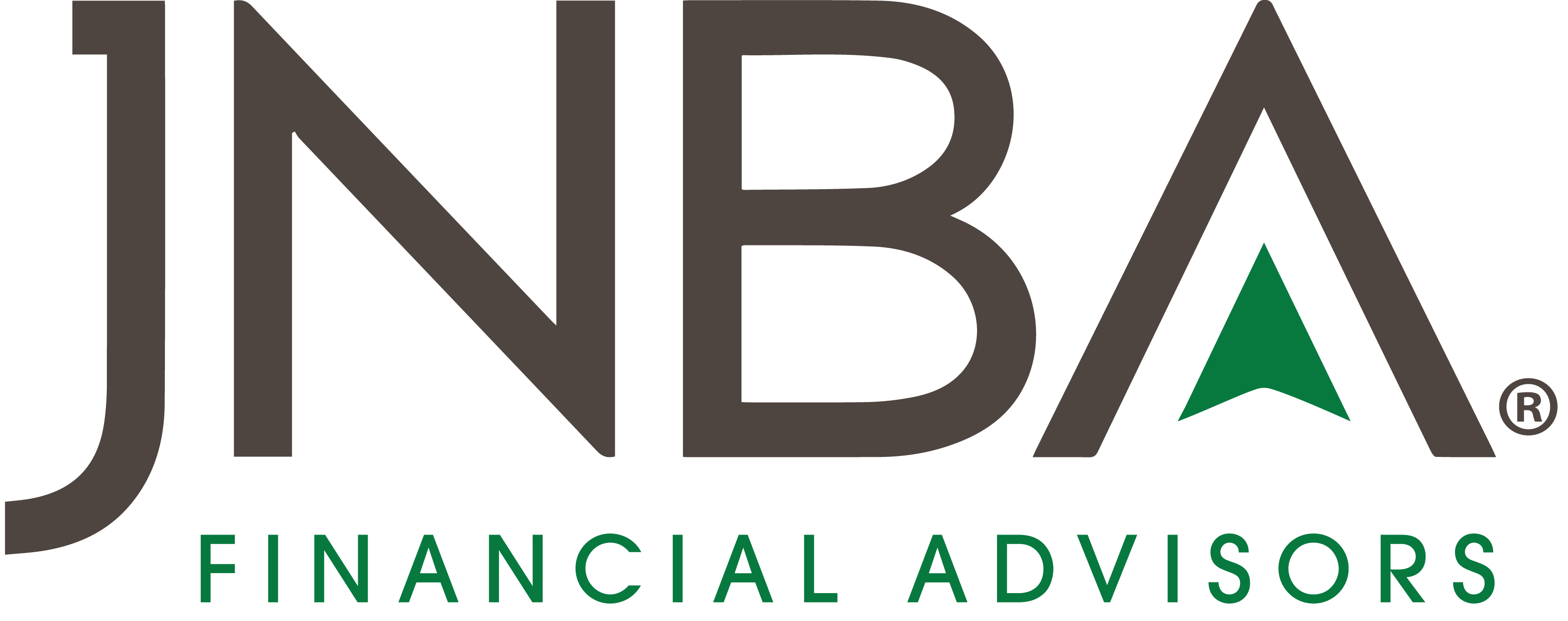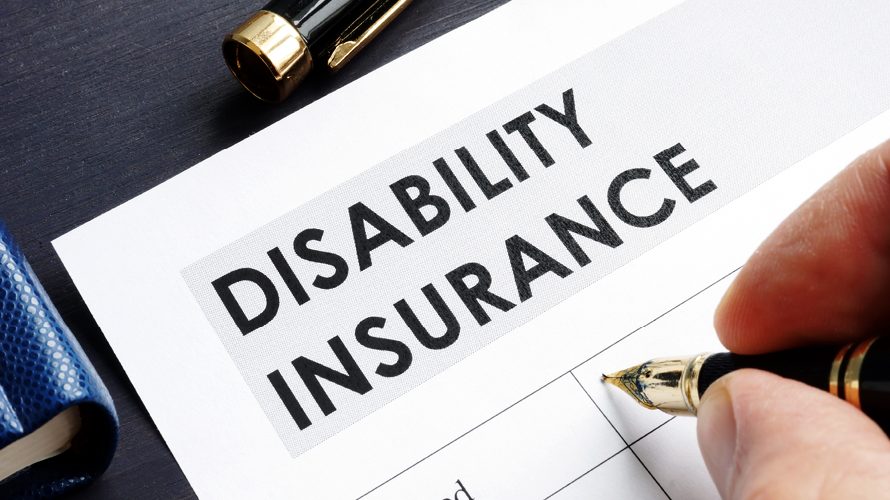Table of Contents:
- What is Disability Insurance?
- Short-Term Disability vs. Long-Term Disability
- Do I Need Disability Insurance? Factors to Consider
- Disability Insurance Cost
- Is Disability Insurance Worth It: FAQs
In the first half of your career, your future earning potential and ability to save for retirement can be one of your greatest resources. But if you become too sick or injured and unable to work, your financial life plan can veer off course. Nearly one in three people will be disabled for more than 90 days over the course of their working career.
Long-term disability can be one of the biggest risks to derailing your financial life plan. Disability insurance can offer some protection.
What is Disability Insurance?
Disability insurance is a type of coverage that replaces a portion of your income if you’re unable to work due to a health condition or accident. Unlike health insurance, which pays for medical bills, disability insurance provides ongoing support to protect your income. It allows you to continue meeting your daily expenses, paying your mortgage, and supporting your family while you recover.
Disability insurance is often offered through an employer. It generally comes in two main forms, short-term disability and long-term disability, each serving different purposes.
Short-Term Disability Insurance vs. Long-Term Disability Insurance
Short-term disability insurance typically covers periods of less than 90 days and is designed to replace a portion of income during temporary illnesses, injuries, or recovery periods such as surgery. These policies usually include a waiting period of 7–30 days, during which no benefits are paid, so individuals may need to rely on savings or other resources to cover expenses.
Long-term disability insurance generally begins after about 90 days and can continue for several years or until age 65. This insurance is intended for more serious or prolonged conditions that prevent someone from working. Like short-term policies, long-term insurance has a waiting period before payments start, requiring planning to manage expenses during that time.
Explore how JNBA can help you evaluate disability insurance as part of your financial plan.
Do I Need Disability Insurance? Factors to Consider
Deciding whether disability insurance is right for you involves several considerations. Evaluating these factors can help you make an informed decision that supports your long-term financial goals. While these factors can serve as a starting point, professional guidance will provide clarity tailored to your specific situation.
- Age: Disability insurance premiums are typically lower for younger individuals. They also have the most to lose if they experience a disability, since their future earning potential is at its greatest. As age increases, the risk of disability rises, but benefits often stop at age 65, which makes early planning important.
- Occupation: Jobs with higher physical demands or higher injury risk often lead to higher premiums. This also makes coverage more critical since the likelihood of needing benefits is greater. For less physically demanding jobs, premiums may be lower, but protection is still worth evaluating.
- Health: Pre-existing health conditions can affect both eligibility and premium costs. While healthier individuals may secure lower premiums, those with a chronic medical condition face a higher need for protection.
- Lifestyle: Engaging in high-risk activities such as extreme sports or smoking can increase premiums or limit eligibility. At the same time, these activities heighten the likelihood of disability, which makes insurance more valuable for income protection.
- Taxes: Taxes directly affect the amount of income you could rely on if disabled. Whether benefits are taxed depends on who pays the premium. Employer-paid premiums usually make benefits taxable, while personally-paid premiums often result in post-tax benefits.
- Employer Benefits: Many employers offer disability coverage that can reduce or eliminate the need for a personal policy. However, employer coverage may not fully replace income or may end if you change jobs, so reviewing the details helps determine if additional coverage is necessary.
- Savings and Assets: Personal savings and investments can provide a temporary safety net during disability, but they may not be enough to cover income needs over a long period. Disability insurance can help preserve assets for long-term goals instead of depleting them during recovery.
Disability Insurance Cost
Disability insurance typically costs between 1% and 3% of your annual income. For example, someone earning $180,000, may pay $1,800–$5,400 annually or $150–$450 monthly. Premiums vary based on your age when you obtain the policy, health, occupation, benefit length, and waiting period.
Employer-provided coverage may reduce or eliminate the need for a personal out of pocket premium since disability insurance is often offered through an employer at little to no cost. Employers will usually cover 50-65% of your income. If you are self-employed or your employer does not offer enough coverage, you can purchase additional private insurance.
Connect with JNBA to discuss the role of disability insurance in your overall financial plan.
Disability Insurance FAQs
Is long-term disability insurance worth it for young adults?
For young adults, long-term disability premiums are generally lower, and coverage can provide protection throughout your working years. Answering “Is long-term disability worth it?” depends on factors such as income level, savings, employer coverage, and personal financial obligations.
Is short-term disability worth it?
Short-term disability insurance provides temporary income replacement if you are unable to work due to illness, injury, or recovery. Its value depends on existing savings, employer benefits, and the need to cover immediate financial obligations during a short-term absence.
How much disability insurance do I need?
A best practice is to ensure at least 50-65% of your income is covered. This reflects the typical percentage provided by employer plans. The exact amount you will need depends on your expenses, savings, and other sources of income.
Where can I get disability insurance?
Disability insurance is available through employer-sponsored plans or private insurance companies. If you are working with a holistic financial advisory team, they should be able to refer you to a provider and help compare and identify overage options that are the most appropriate solution for your situation.
What are the alternatives of disability insurance?
Alternatives to disability insurance may include relying on employer-provided sick leave or building an emergency savings fund. Other options include accessing government programs such as Social Security Disability Insurance (SSDI) or drawing from personal assets and investments. Each option varies in availability and level of financial protection, making coverage different from that of a dedicated disability insurance policy.
Connect with JNBA for Support on Disability Insurance
As you continue to build wealth and work towards achieving goals for you and your family, mitigating risks that could derail your plan or put you and your loved ones in a tough spot can be important. If you have questions or would like to learn more about how disability insurance can work within your financial life plan, please reach out to our JNBA Advisory Team to learn more.
JNBA is neither an insurance agent nor an accountant and no portion of the above should be construed as insurance or accounting advice. All insurance and accounting issues should be addressed with the insurance and accounting professional of your choosing. JNBA nor its employees sell insurance products.
Due to various factors, including changing market conditions and/or applicable laws, the content may no longer be reflective of current opinions or positions. Moreover, you should not assume that any discussion or information contained in this blog serves as the receipt of, or as a substitute for, personalized investment advice from JNBA Financial Advisors, LLC.
Please see important disclosure information at jnba.com/disclosure






